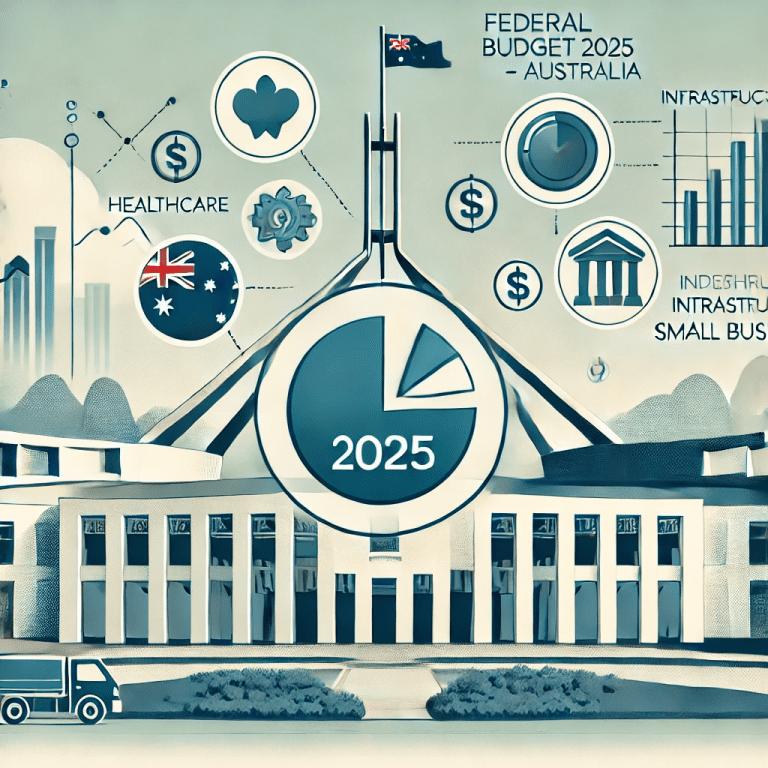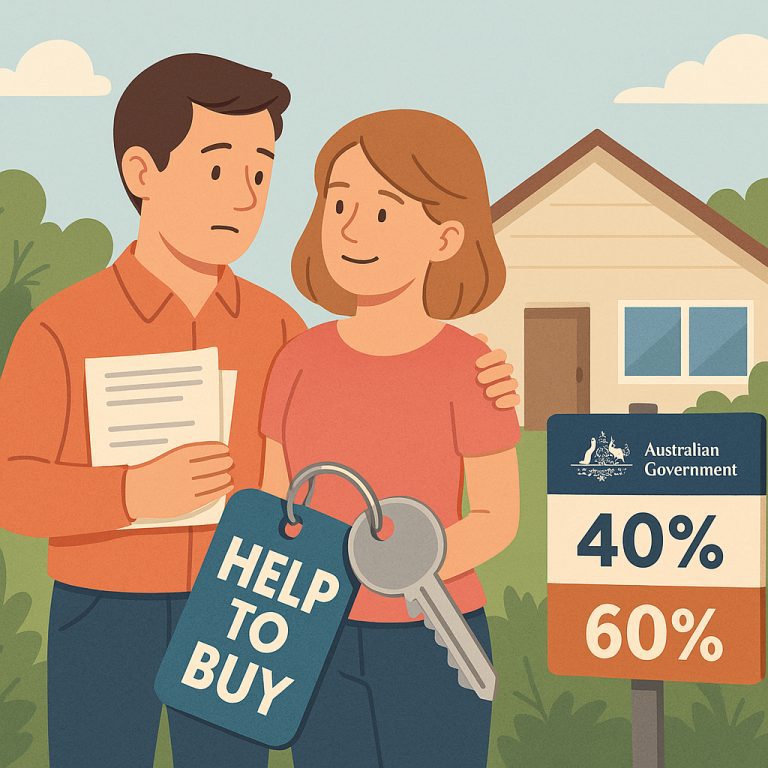
You may have read the book Rich Dad, Poor Dad by Robert Kiyosaki. It’s certainly a good read and, while I wouldn’t agree with everything or even his thesis that your own home is a liability, there is much to be said about how we look at money dictates the responsibility we are prepared to take for our own decisions and moreover the outcomes.
Here’s an example of how most of us look at money. How keen are you to pay off your mortgage? Most of us were brought up to think that this is one of life’s highest financial priorities. We are educated that debt is bad and your goal in life should be:
- don’t owe anything
- to anyone
- at anytime
While there is some wisdom in the above mantra, it is very limited. Without debt, we wouldn’t be able to buy houses, cars, holidays, etc. The use of credit cards means we don’t have to carry around fat wads of cash to buy furniture and life is generally a little easier as a result. So perhaps not all debt is evil.
Indeed countries like Australia (and even more so, New Zealand) have a very transparent and easy structure of how to use debt where you can even reduce your tax bill by acquiring a second, third or fourth property. Many don’t realise this because of a fear of the unknown, asking the right question or simply taking action. Jargon such as “equity loans”, “SMSF lending” and “negative gearing strategy” frightens off more people than it should.
According to Kiyosaki, financial education is the key ingredient that is missing from all schools curriculums. As a consequence most of us simply let the opportunity pass us by, as a result of lack of knowledge or being afraid to ask.
Going back to the above question, how keen are you to pay off your mortgage? Australia has such a high homeownership rate compared to most other countries around the globe, due in no small part to our ingrained keenness to clear the home loan ASAP.
See if the following 5 life path choices sound familiar:
- Take out a 30-year mortgage. Seek to pay it off as soon as possible. Adjust lifestyle to outgoings.
- After 20 years, the mortgage is almost paid off. Look at buying an investment property.
- Buy something in the local area as “you already know it well”. Rents start to pay for the mortgage. Negative gearing helps a little to reduce your tax.
- Help kids with their first home. Take out another mortgage.
- Retire: Sell off your main home to downsize. Use rental property income, Super and downsizing proceeds to fund retirement.
You retire content, having spent years worrying about mortgage interest rates, property cycles (because all your investments were in property), and the economy. You are now worried about Term Deposit rates on your Super balance, the cash left after selling your home and buying something smaller and nearer to your grandchildren.
So how is that people you know on similar or even less income than you seem to pay off their mortgage after 10 years, amassing a ‘portfolio’ of investment properties, retire earlier and better, and still help their kids buy their own homes? It often comes down to simply how they see money, debt, and their tolerance for risk.
Let’s analyse the gaps in the above 5 steps:
1. Pay off mortgage early – Why not use the extra amount you are spending against the mortgage to help buy a few investment properties?
(a) You build up alternative streams of income.
(b) You may get depreciation benefits as well as other tax benefits
(c) You build up equity more quickly which can help you clear your home loan earlier.
(d) With greater cash flow and a growing asset base [assuming property prices and rents grow even slowly over years] you could buy further properties and/ or other assets.
2. After 10 years you should have 1-2 investment properties giving you an alternative stream of income. Your debt figure is, of course, higher, but hopefully, your rental incomes will more than pay for this. You can sell off one or both investment properties and clear not only these debts but hopefully, your own home debt too. You are now debt-free or very close to it.
3. You are still young, own your home 100%, and, crucially, have the educational experience of investing and risk using debt. What will you do now? Acquire further investment properties, shares, mutual fund investment to fully diversity your risk. No longer do you have all your eggs in one basket. You may also benefit from franking credits on share dividends.
4. 5-10 years later you have another investment property or maybe two or three. You invest with your children in a house or perhaps even gift them a unit. This enables them to buy a better house or build up their own wealth portfolios much faster than you ever could.
5. Nearing retirement age. You work only because you like what you do. Otherwise, you retire and spend time with those you love. You worry not about downsizing for cash, but for comfort and lifestyle. You start planning holidays rather than budgeting for expenditure. You are independent rather than making do.
While the above divergent paths are purely for illustrative purposes, the key takeaway is whether you have a plan as to where you want to be in the future. It may be well and good to pay off all our debts, but what are you sacrificing in return, i.e. what are you not having? Economists refer to this as the opportunity cost.
So what opportunities are you letting go by as a consequence of not making decisions about where you want to be?
For a free consultation or simply a chat about any points raised above, please call Australian Mortgage Corporation on +61 7 5456 2928 or simply email [email protected].




